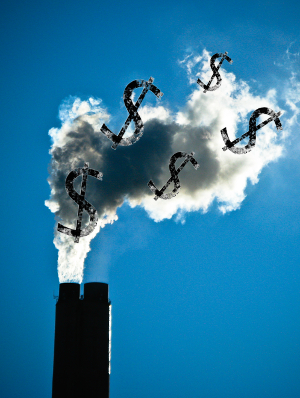State urged on green path
 WA's prosperity hinges on going green, experts say.
WA's prosperity hinges on going green, experts say.
A new report by the Bankwest Curtin Economics Centre at Curtin University says the Western Australian economy has managed to weather the COVID pandemic thanks to international trade and a booming mining sector.
However, it also says that the key to securing the state's future lies in diversification and capitalising on emerging opportunities, particularly in the green economy.
The report, titled ‘Trading Up: International Trade Futures and the Western Australian Economy’, highlights the importance of diversifying exports and embracing the world's increasing focus on decarbonisation.
According to the study, international trade has been a boon for WA households, contributing a staggering $17.9 billion in 2022, equivalent to $16,200 per household in the state.
Moreover, it led to a 4.3 per cent reduction in prices compared to a hypothetical scenario without trade.
“The relative scale of WA’s export sector emphasises just how much the state benefits from - and depends on - its economic relationships with trading partners,” says Professor Alan Duncan, co-author of the report and Director of the Bankwest Curtin Economics Centre.
WA's goods exports accounted for 59 per cent of the state's economy, as measured by Gross State Product (GSP), far outpacing the national average of 23 per cent for the entire Australian economy.
The report applauds Australia's free trade agreements (FTAs) with major economies like China, Japan, and the USA, which have significantly boosted Australian exports, resulting in estimated gains of $472 billion since the enactment of each trade agreement.
However, the study also warns about the growing threat of protectionism among some trading partners and domestic support for certain industries.
Professor Duncan says there is a need for deeper relationships with key partners and mutually beneficial free trade agreements to safeguard against protectionist barriers.
Amidst these challenges, the report sees a silver lining in the global decarbonisation agenda.
WA stands 12th in the world in terms of complexity in renewable energy and decarbonisation technologies, indicating tremendous potential for green product capabilities and a smooth transition to net-zero carbon emissions.
Dr Daniel Kiely, co-author of the report, pointed to the state government's $148 million investment in the Investment Attraction Fund as a significant stride towards diversification.
The Fund's 40 projects in tourism, renewables, and regional development indicate a proactive approach to reduce reliance on the resource sector for economic success.
Despite hurdles faced in trade services due to tariffs and border restrictions, sectors such as international education, tourism, and certain agricultural exports are reportedly showing signs of recovery.
Dr Kiely stresses the need to reinforce the WA brand to attract tourists and international students in key markets and urges the government to address housing supply issues to accommodate skilled workers and tourists across the state.
Professor Duncan says that Australia, particularly WA, is in an enviable position to capitalise on emerging opportunities.
To do so, the nation must diversify its export products, invest in innovation, and focus on developing high-value goods and services to meet global demands in renewable energy and decarbonization technologies.
“If we get it right,” says Professor Duncan, “Australia is in a tremendous position to benefit from the changing face of global trade”.







 Print
Print